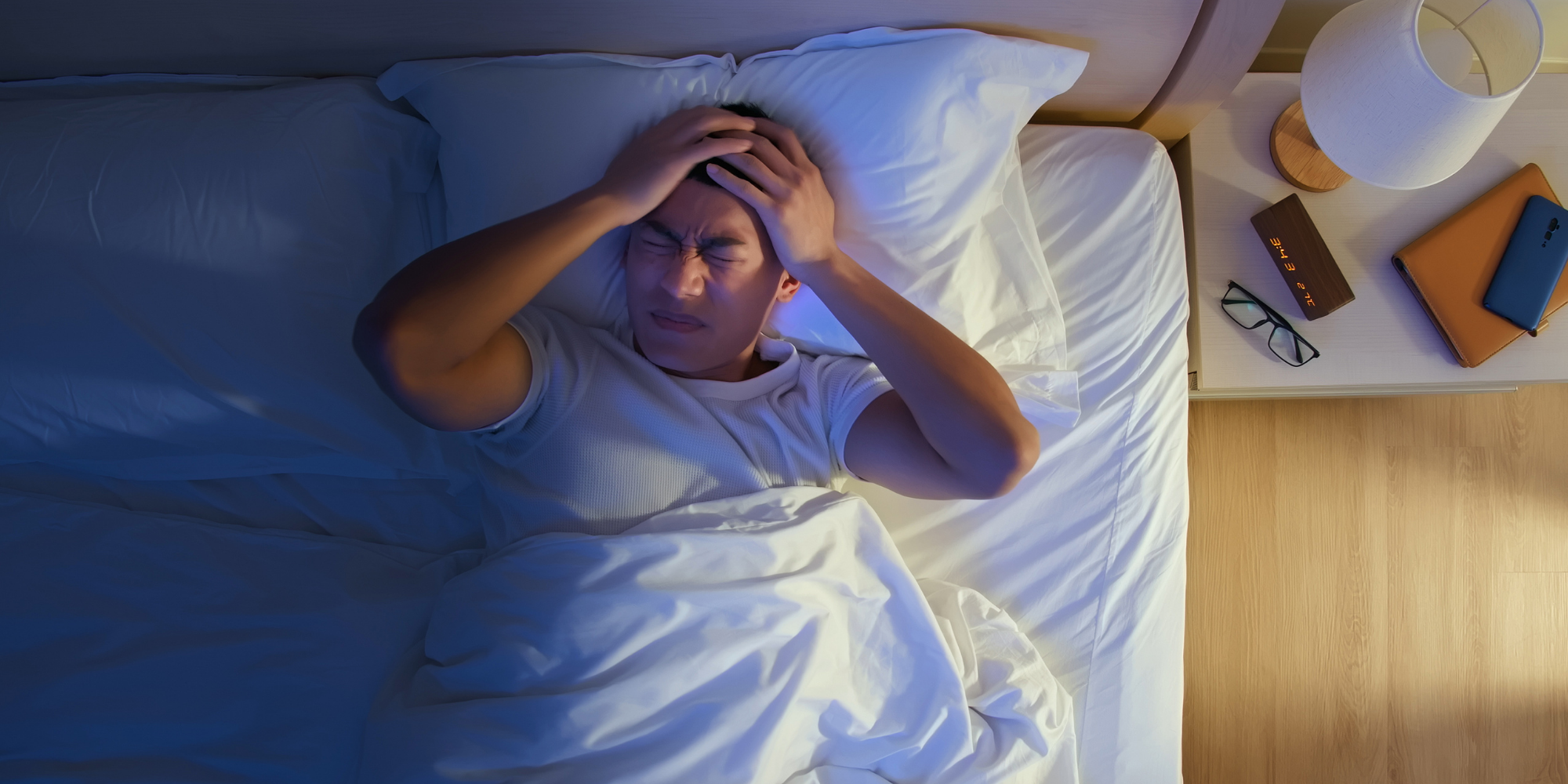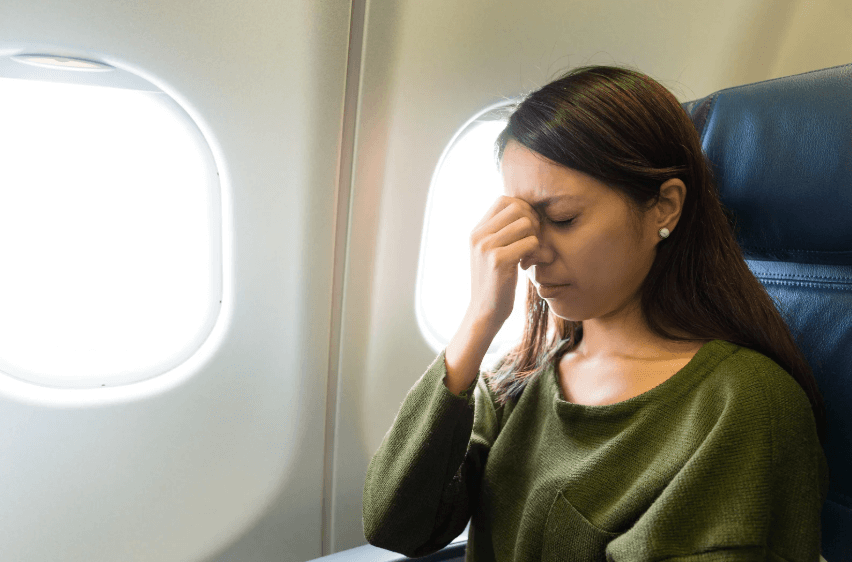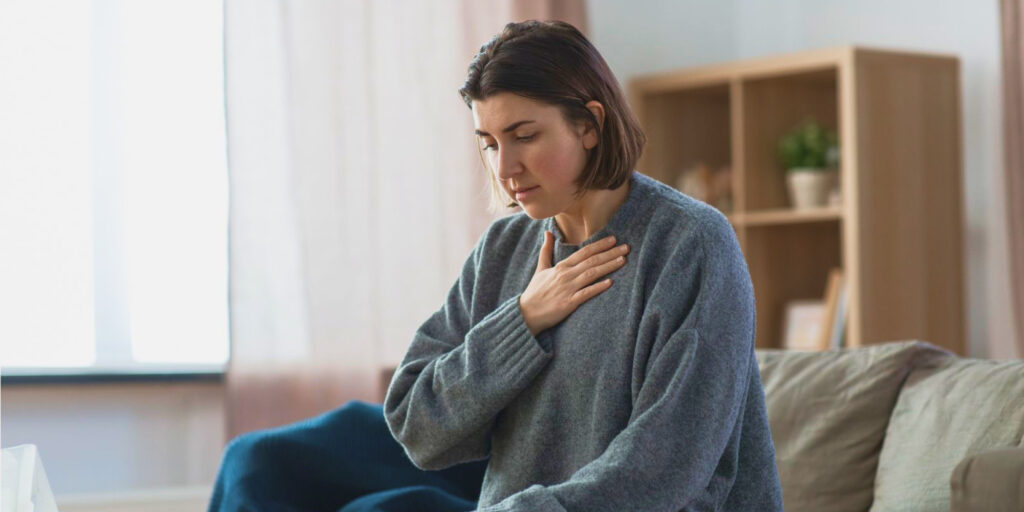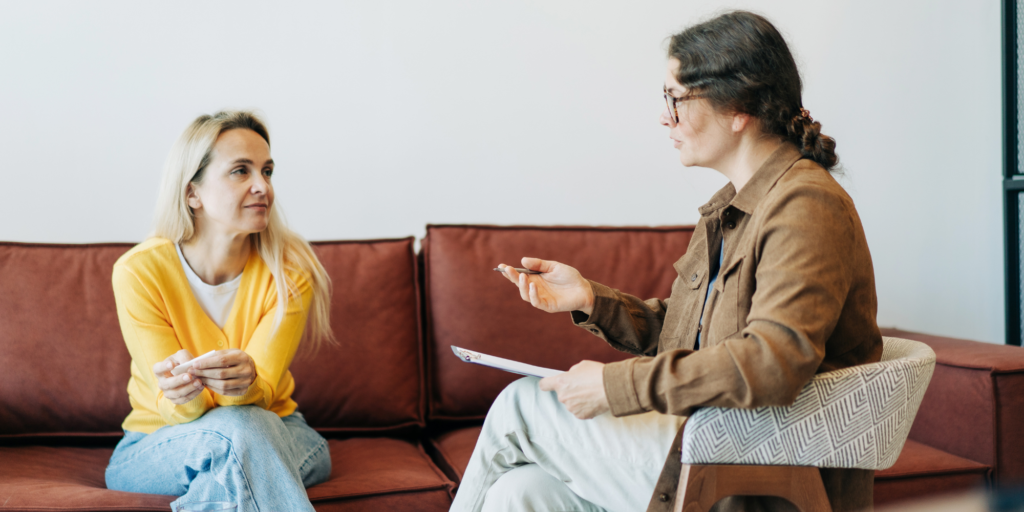Why is My Anxiety Worse at Night?

What is anxiety?
Anxiety usually involves both frequent worry and uncomfortable physical symptoms. Worry is associated with a feeling of impending doom, difficulty concentrating, irritability, and difficulty sleeping. The physical symptoms of anxiety are similar to symptoms you might feel when you are afraid or in danger, like a pounding heart, upset stomach, muscle tension and inability to relax, trembling, twitching, a heightened startle reflex, fatigue, headaches, and other unexplained aches and pains.
Why is my anxiety worse at night?
Some people who experience anxiety notice that their anxiety intensifies at night. Why might this be? The short answer is that reasons for nighttime anxiety probably vary from person to person, but there are also some likely commonalities among them.
For one, fewer distractions at night might mean people with anxiety are more likely to ruminate or worry about any number of stressors like finances, career, health, relationships, and more. Beyond that, we’re more fatigued at the end of the day which means we’re less equipped to cope with anxious thoughts in a productive or helpful way.
Also, anxiety is often associated with difficulty falling asleep, so those with anxiety may start to get anxious as night falls and fear of another restless night sets in. Naturally, difficulty sleeping might also bring up worries about the ability to function the next day.
Managing nighttime anxiety
To manage your nighttime anxiety, it will be important to address both the cognitive and physical symptoms of anxiety. That is, strategies that both help to offload worries and cultivate a sense of calm and relaxation will be most helpful.
Tips for reducing nighttime anxiety
- Listen to a bedtime meditation. Bedtime meditations offer affirmations to put the day behind you and focus on relaxing your mind and body.
- Progressive muscle relaxation, a practice of tensing and releasing one muscle group at a time, helps to reduce muscle tension and promote a sense of relief and calm.
- The 4-7-8 breathing technique, or inhaling to the count of four, holding the breath to the count of seven, and exhaling to the count of eight can help you fall asleep more quickly.
- Journaling for 15 minutes before bed, specifically about a positive experience or gratitude, can help to improve sleep.
- Creating a to-do list for the following day can help to reduce nighttime stress.
- Improve your “sleep hygiene”, or daily habits that improve the quality of your sleep:
- Regulate your circadian rhythm by waking up around the same time every day. Doing so will make it easier to fall asleep at night.
- As little as 10 minutes of aerobic exercise (e.g., brisk walking, jogging, biking, swimming) in the morning helps to reduce anxiety and improves sleep. Exercise any time of day is great, but too close to bedtime might disrupt sleep.
- Caffeine and alcohol both disrupt quality of sleep. Avoiding them, especially in the afternoon, can improve your sleep.
- Create an optimal sleep environment. A bedroom that is dark, quiet, and cool is optimal for sleep. A comfortable and supportive mattress and pillow are also important for sleep quality.
Looking for more help with nighttime anxiety? Schedule an appointment instantly with a therapist who meets your needs at findmytherapist.com.
Ready to prioritize your mental health?
Great Lakes Psychology Group is here to help. With an extensive network of caring therapists available to meet online or in-person, we make it easy to find the right fit for your unique needs.




